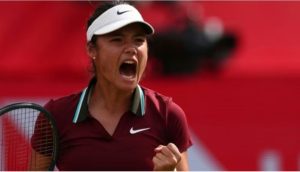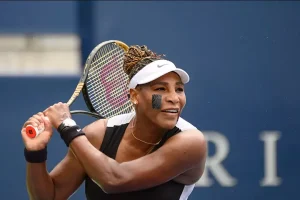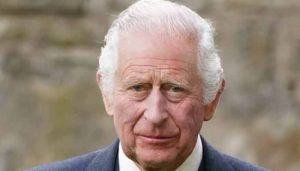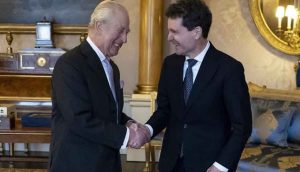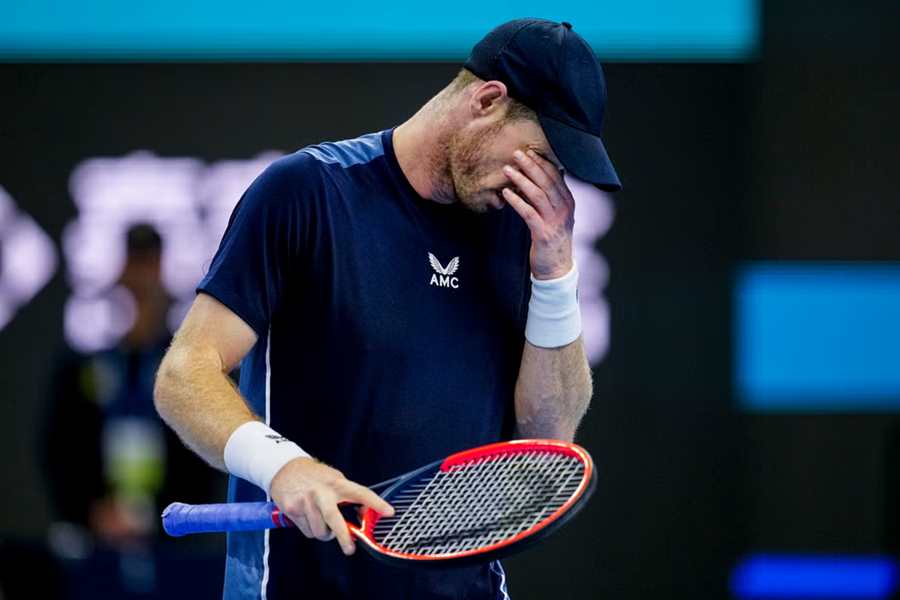
Andy Murray was playing in the 1,001st match of his career
As Andy Murray stepped to the baseline to close out his first-round match against Alex de Minaur at the Paris Masters on Monday afternoon, his nervousness was instantly obvious. Across his 19 years on the tour, Murray’s success has been defined by his grit, fight and ruthlessness in the moments that truly mattered.
His recent months, though, have been marked by the absence of such mental toughness. From a 5-2 and advantage-40 third-set lead, match point, Murray screamed, shouted and buried his racket into the ground as he struck three unforced errors in a row. It was the start of a monumental momentum swing that led to Murray losing five games in succession and with them the match.
Even more alarming than the collapse itself, though, was the fact that it was not at all surprising. A month earlier, Murray held a match point at 5-2 in the third set against De Minaur before losing in a decisive tiebreak. Those defeats reflect an abysmal few months for Murray at the highest level. He has now lost five of his past six matches on the ATP tour, winning consecutive matches at a tour event only once since early March.
Since his return from hip resurfacing surgery in 2019, Murray has been continually asked how he finds the motivation to continue competing. He has usually responded with ease, pointing out how much he still relishes the day‑to‑day challenge of training and working hard towards his goals.
Murray’s form also provided him with some positive reinforcement. Over the past few years, his ranking has continued to rise gradually, culminating in his return to the top 40 this summer, a significant achievement in the context of his physical struggles. He has also picked off numerous top‑10 players along the way, losing many heartbreakers with others. In victory and defeat, they signified to him that he was still capable of playing at a high enough level to embark on deep runs in bigger tournaments.
Now, though, he has clearly hit a wall. Murray has continuously expressed his intentions to break into the top 32 again and attain seeding at the big events, but he has struggled to even string wins together and his efforts have looked excruciating. After his defeat against De Minaur, he noted his lack of enjoyment on the court in recent months and the need to rediscover it in order to continue.
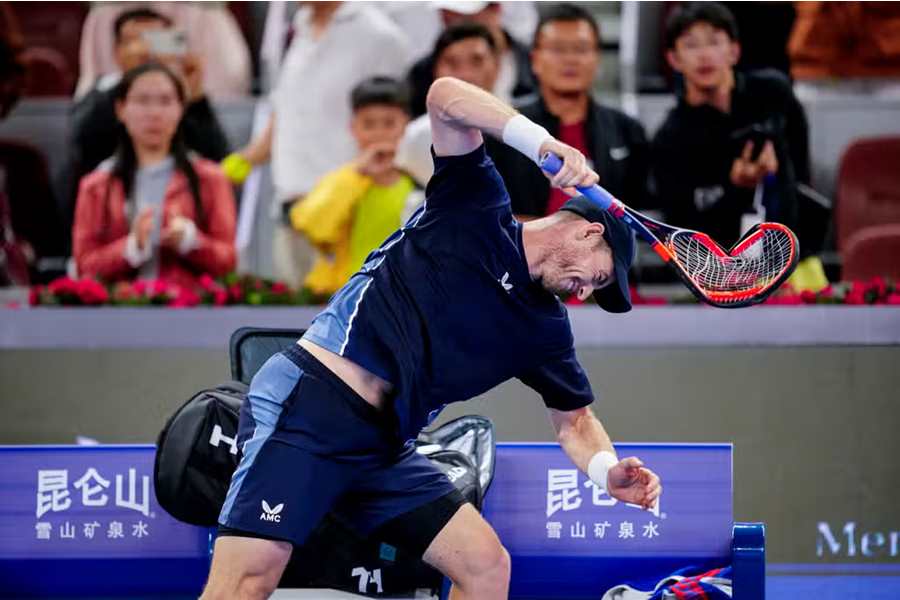
Andy Murray has played a full, intense schedule this season and his 23 tournaments this year are around double the amount of his fellow 36-year-old Novak Djokovic, the No 1. He has dipped down to challenger tournaments in search of his form, winning three of them. Even after so many years on the tour and with four children at home, Murray has put so much into his game. At this point in his career, this may well be his ceiling.
At his age and with his diminished physicality, this year has also shown that Murray does not attain enough free points behind his serve. He continues to struggle to impose himself against opponents, far too often falling back behind the baseline and trying to outlast quicker and fresher players. At some point most ageing players become all too aware of the significance of each moment, how little time left they have and how few opportunities they have, and those pressures are still restricting Murray in the decisive moments.
It goes without saying that in the absence of such joy Murray has serious questions to ask himself about his career, his future and how much more he is willing to endure. A potential off-ramp is certainly emerging; a fifth Olympic Games next year is surely a late-career goal for the two-time singles gold medallist and he could have one more journey around the sun, one last shot at the grass courts of Wimbledon before departing.
But still, even after such a miserable defeat in Paris, there were glimpses of Murray’s resilience. As he tried to think of potential solutions to his problems, Murray acknowledged the work required to improve: “It’s not just going to be like one or two weeks of training to get me to where I need to get to, it’s going to have to be a lot of work and consistent work to give myself a chance.”
As Andy Murray looks for solutions, perhaps he will find inspiration from his struggles, as has often been the case throughout his career. Despite his misery, Murray was still a point away from defeating the 13th-ranked player in the world. He has one more major date on his calendar as part of Great Britain’s team at the Davis Cup finals in November. In the absence of Dan Evans, who was forced to withdraw because of a recent calf tear, Murray will perhaps be charged with a greater role than initially anticipated, providing him with one more opportunity to find himself on‑court before the year ends.
